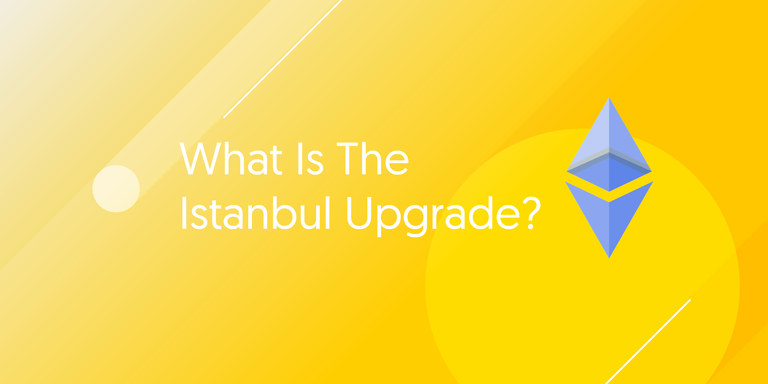
On December 7th, 2019, the Ethereum blockchain underwent the Istanbul upgrade. It contains six distinct upgrades that work to improve performance, adjust costs, improve interoperability, and enable more creative functions around smart contracts.
Let’s break it down to understand better what the Istanbul upgrade means both at a technical level and with respect to the industry.
What is a fork in blockchain?
Simply put, a fork is synonymous to a software upgrade. It can be compared to a snake shedding its skin, except that the concept of a fork better captures the political and technical elements involved in this type of upgrade.
As you know, a blockchain is a succession of blocks of data that each refer to a former block, thereby imbuing historical data with legitimacy. When a fork occurs, quite literally, the ‘chain’ splits, with one part (the upgraded part) ideally continuing onwards as if unbroken. The other part is either abandoned altogether or continues as a competitor to its ‘other half’.
We have seen such a situation happen when the old Ethereum split into Ethereum and Ethereum Classic. Both now exist as separate protocols and currencies (ETH and ETC).
Other examples include Bitcoin’s splitting between Bitcoin and Bitcoin Cash, but also less contentious forks where big changes are made to the source code, basically amounting to the creation of an entirely new currency - e.g. Zcash.
What’s important to bear in mind is that upgrades to a blockchain - which is usually open-source - take a lot of time to take shape, because consensus needs to be reached in the community. This is different from, say, a centralised Windows or Apple update, which is pretty much imposed top-down upon the entire community of users.
Generally, we can distinguish between soft forks and hard forks. Soft forks are less invasive. They are ‘backwards-compatible’ with previous versions of the software, but not the other way around. In other words, there is no risk of the network splitting into multiple chains and currencies.
Hard forks constitute big changes to the protocol, requiring miners and other node operators to support the upgrade, or else risk splitting the network into multiple chains that cannot be reconciled with one another.

"The Istanbul upgrade, which is not yet complete, brings the final network upgrades to the Ethereum blockchain before the transition to ETH 2.0.
This particular upgrade brings interoperability with Zcash"
i dont know what that means yet but that sounds very interesting
Thanks for the news about ZCASH
Thanks for information